The Emerging Exception
The traditional label of ‘middle power’ fails to capture India’s growing status. The country’s ability to shape the international discourse is no longer in question. India sees itself as a key player the global order.
 Courtesy: The Diplomatist
Courtesy: The Diplomatist
The traditional label of ‘middle power’ fails to capture India’s growing status. The country’s ability to shape the international discourse is no longer in question. India sees itself as a key player the global order.
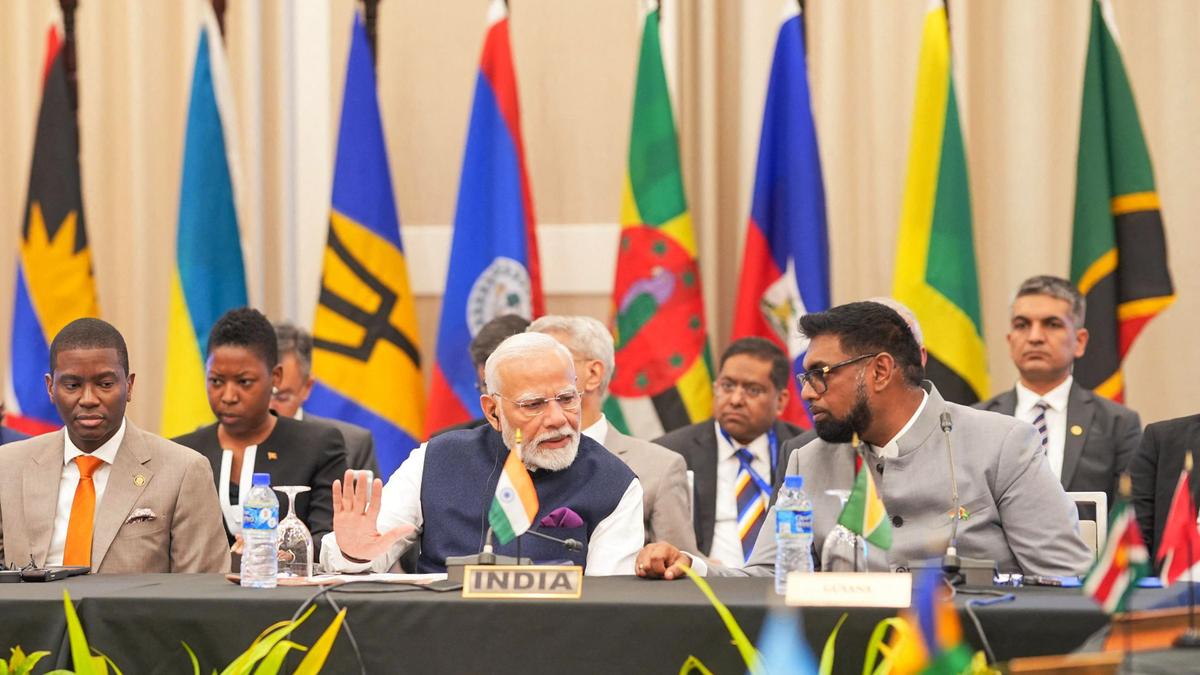 Courtesy: The Hindu
Courtesy: The Hindu
Prime Minister Narendra Modi’s six-day visit to Nigeria, Brazil, and Guyana in November resulted in several bilateral agreements on economic, developmental, energy and technological cooperation. The trip highlighted India’s strategic and diplomatic priorities in Africa, Latin America and the Caribbean and offered the country an opportunity to position itself as a key partner for sustainable development and multilateral cooperation in the Global South.
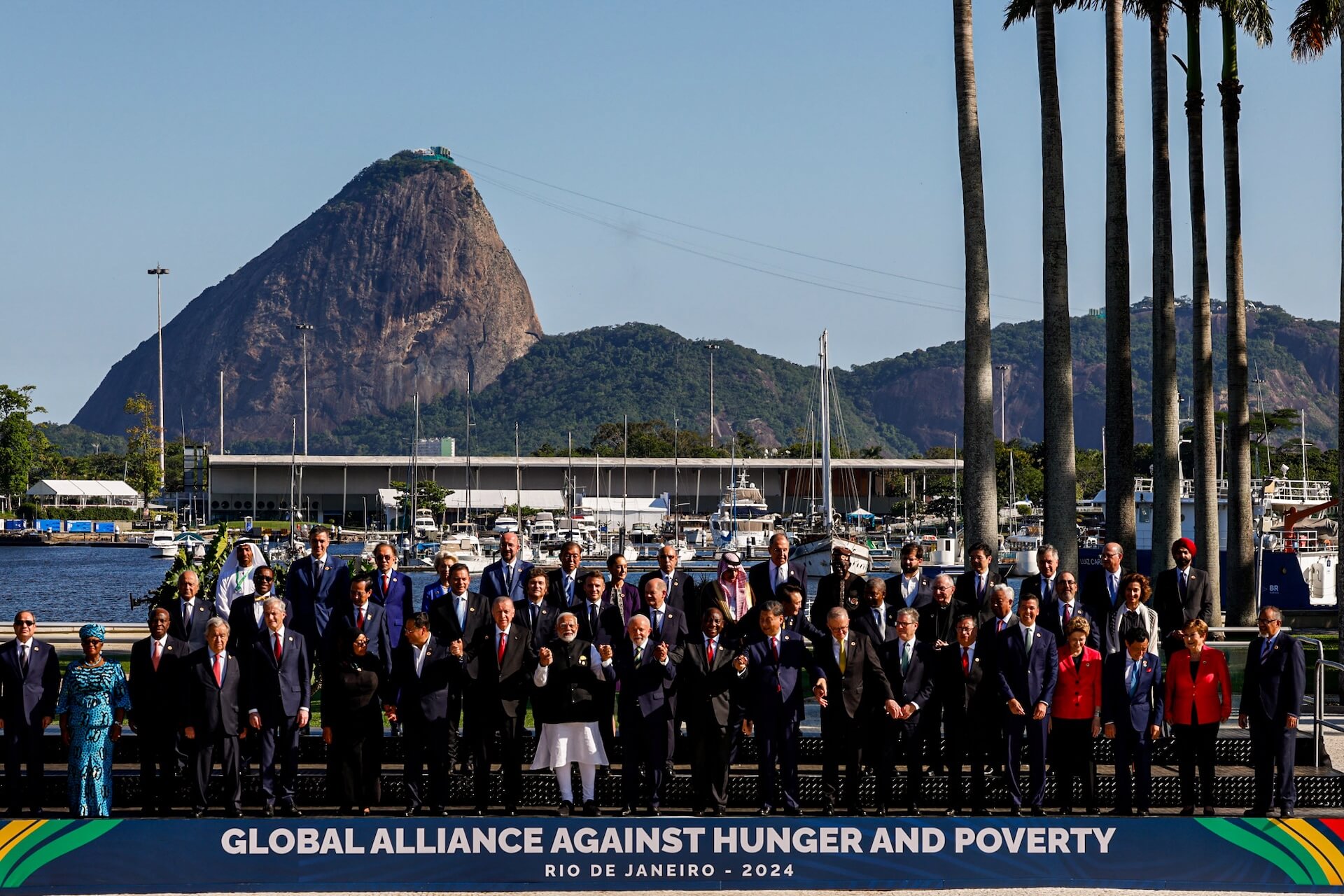 Courtesy:
Courtesy:
The G20 Leaders' Summit, held in Brazil on November 18-19, focused on advancing climate action, addressing hunger and poverty, and global governance reform. Along with welcoming the African Union as a full member, it balanced continuity with innovation and highlighted the forum's role in creating and pushing multilateral solutions to pressing global challenges.
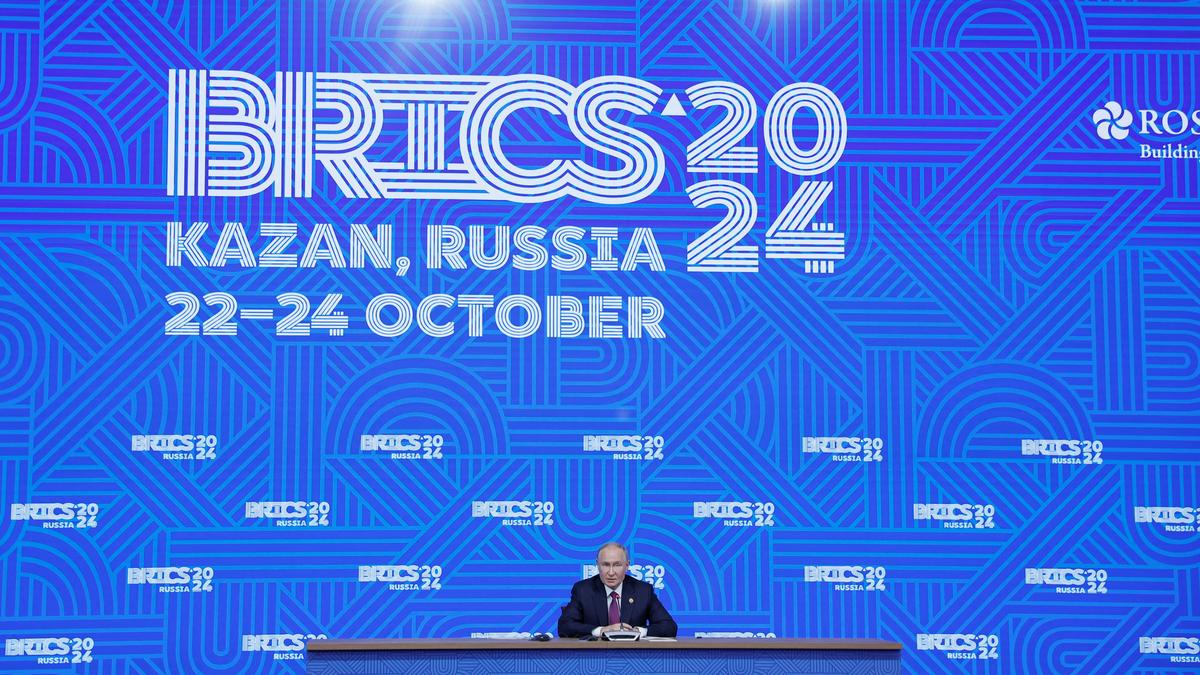 Courtesy:
Courtesy:
The 16th BRICS Summit, held in Russia’s Kazan in October, was the first summit of the expanded grouping. With 13 new partner states invited, it revealed how increased membership has the potential to enhance the grouping’s influence. For India, BRICS serves as a bridge between the west, the east, the north and the south, making New Delhi the geopolitical sweet spot.
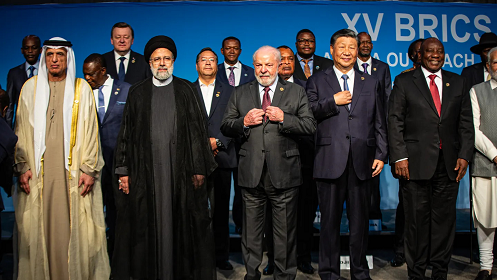 Courtesy: Fox News
Courtesy: Fox News
The decision to invite six countries — Argentina, Egypt, Ethiopia, Iran, Saudi Arabia, and the UAE — to join BRICS as full members has opened the grouping to a new geopolitical era. India can now play a seminal but challenging role in this evolved dynamic, given its growing cooperation with the West on the one hand and its active pursuit of the interests of the Global South on the other.
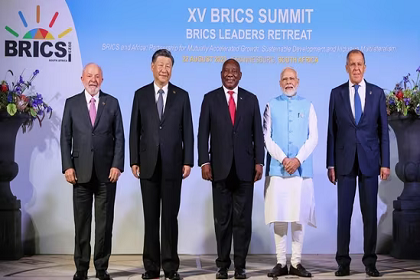 Courtesy:
Courtesy:
The BRICS Summit in Johannesburg has drawn international attention to the grouping’s past record of achievements and failures, its strained internal dynamics, and new challenges. As BRICS heads into its 18th year, its success and way forward will depend on the members’ ability to tackle the principal challenge of retaining its internal solidarity while balancing expansion and its impact and influence in the world.
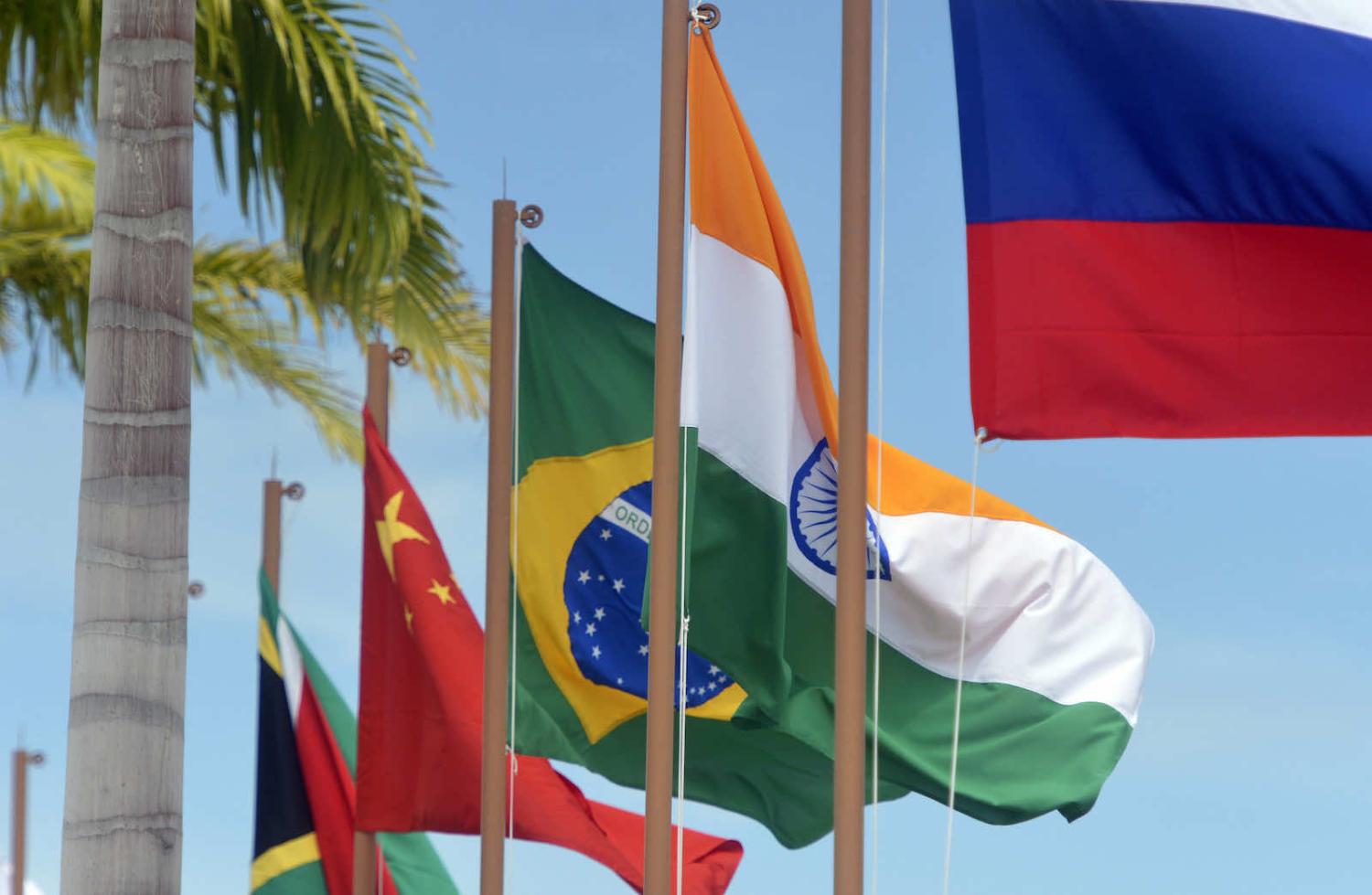 Courtesy: Lowy Institute
Courtesy: Lowy Institute
The 15th BRICS summit is set to take place on August 22-24 in Johannesburg. Against a backdrop of escalating global tensions, the summit's agenda encompasses crucial topics including greater representation of the Global South, reform of MDBs, and geopolitical flashpoints like the Ukraine crisis. The summit's outcomes will extend beyond the grouping and redefine the landscape of international cooperation among emerging economies.
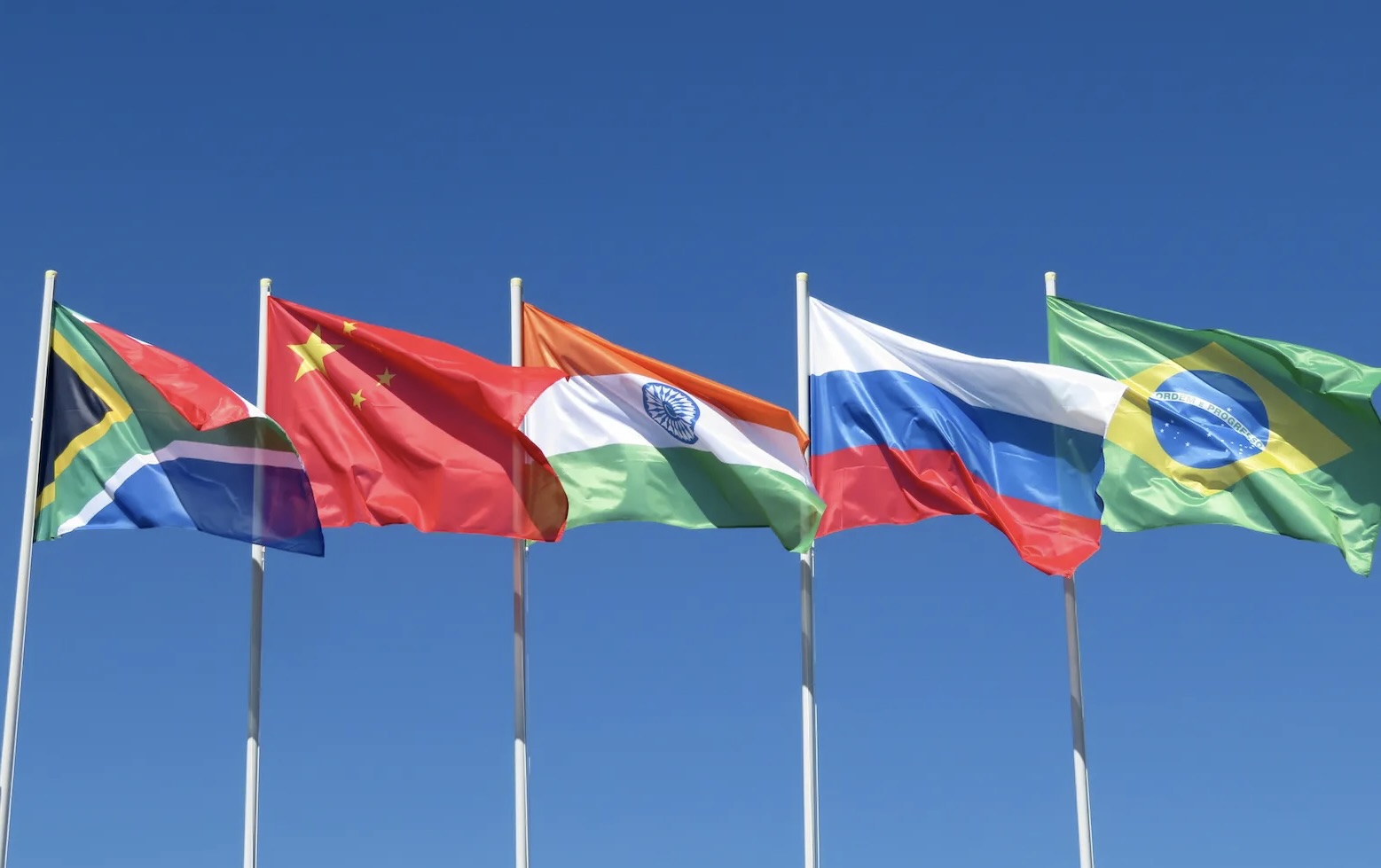 Courtesy: Asia Times
Courtesy: Asia Times
After many early achievements, BRICS is now in gridlock, made worse by the COVID-19 pandemic, India-China border tensions, and the Ukraine conflict. Despite its apparent diplomatic bankruptcy, 19 countries across Africa, Asia, and Latin America are eagerly waiting in line to join the grouping.
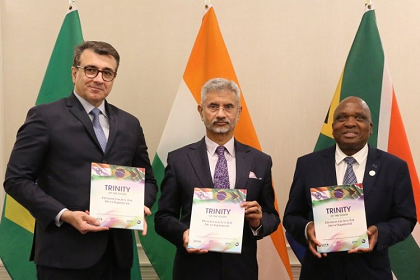 Courtesy: PTI
Courtesy: PTI
The consecutive Presidencies of the G20 for India, Brazil and South Africa provides a rare, unique opportunity to forge an agenda common to both the G20 and IBSA. The timing is coincident: with Russia and China consumed by conflict and zero-Covid respectively, BRICS has receded. IBSA can convert both crises into an opportunity and become relevant to the Global South’s current and future challenges.
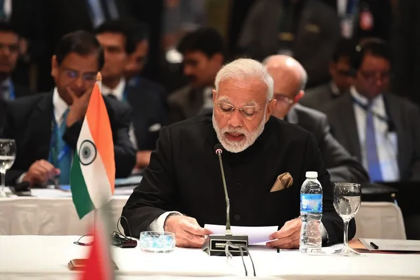 Courtesy: Narendra Modi/Facebook
Courtesy: Narendra Modi/Facebook
India will be president of the G20 in 2023. The world’s most influential economic governance body is facing an existential crisis, where the major powers have fallen out. With geopolitical currents redefining geo-economics, India needs to be ready to emerge as the chief global diplomat.